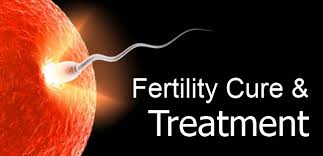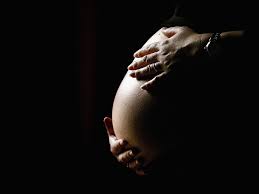Adults who cut carbohydrates from their diets and replaced them with fat sharply increased their metabolisms.
It has been a fundamental tenet of nutrition: When it comes to weight loss, all calories are created equal. Regardless of what you eat, the key is to track your calories and burn more than you consume.
But a large new study published on Wednesday in the journal BMJ challenges the conventional wisdom. It found that overweight adults who cut carbohydrates from their diets and replaced them with fat sharply increased their metabolisms. After five months on the diet, their bodies burned roughly 250 calories more per day than people who ate a high-carb, low-fat diet, suggesting that restricting carb intake could help people maintain their weight loss more easily.
The new research is unlikely to end the decades-long debate over the best diet for weight loss. But it provides strong new evidence that all calories are not metabolically alike to the body. And it suggests that the popular advice on weight loss promoted by health authorities — count calories, reduce portion sizes and lower your fat intake — might be outdated.
“This study confirms that, remarkably, diets higher in starch and sugar change the body’s burn rate after weight loss, lowering metabolism,” said Dr. Dariush Mozaffarian, the dean of the Friedman School of Nutrition Science and Policy at Tufts University, who was not involved in the research. “The observed metabolic difference was large, more than enough to explain the yo-yo effect so often experienced by people trying to lose weight.”
Dr. Mozaffarian called the findings “profound” and said they contradicted the conventional wisdom on calorie counting. “It’s time to shift guidelines, government policy and industry priorities away from calories and low-fat and toward better diet quality.”
The new study is unique in part because of its size and rigor. It is among the largest and most expensive feeding trials ever conducted on the subject. The researchers recruited 164 adults and fed them all of their daily meals and snacks for 20 weeks, while closely tracking their body weight and a number of biological measures. The trial cost $12 million and was supported largely by a grant from the Nutrition Science Initiative, a nonprofit research group co-founded by Gary Taubes, a science and health journalist and proponent of low-carbohydrate diets. The study was also supported by funding from the New Balance Foundation, the National Institutes of Health and others
While some experts praised the findings, others were more cautious. Dr. Kevin Hall, a scientist and obesity expert at the National Institute of Diabetes and Digestive and Kidney Diseases, said the new study was ambitious and very well run. But he said the researchers used methods that raise questions about the results. One method they used to track metabolism, called doubly labeled water, has not been shown to be reliable in people on low-carb diets and it may have exaggerated the amount of calories the subjects burned, he said.
Dr. David Ludwig, an endocrinologist at Harvard Medical School and Boston Children’s Hospital and one of the study authors, disagreed, saying: “We used a gold standard method that has been validated across a wide range of experimental conditions and universally adopted in the field.”
Dr. Hall added, “I would love it to be true that there was a diet combination of carbs and fats that led to large increases in energy expenditure — and I really hope it is true. But I think there are reasons to question whether or not it is.”
Read More Here: NyTimes SOURCE





